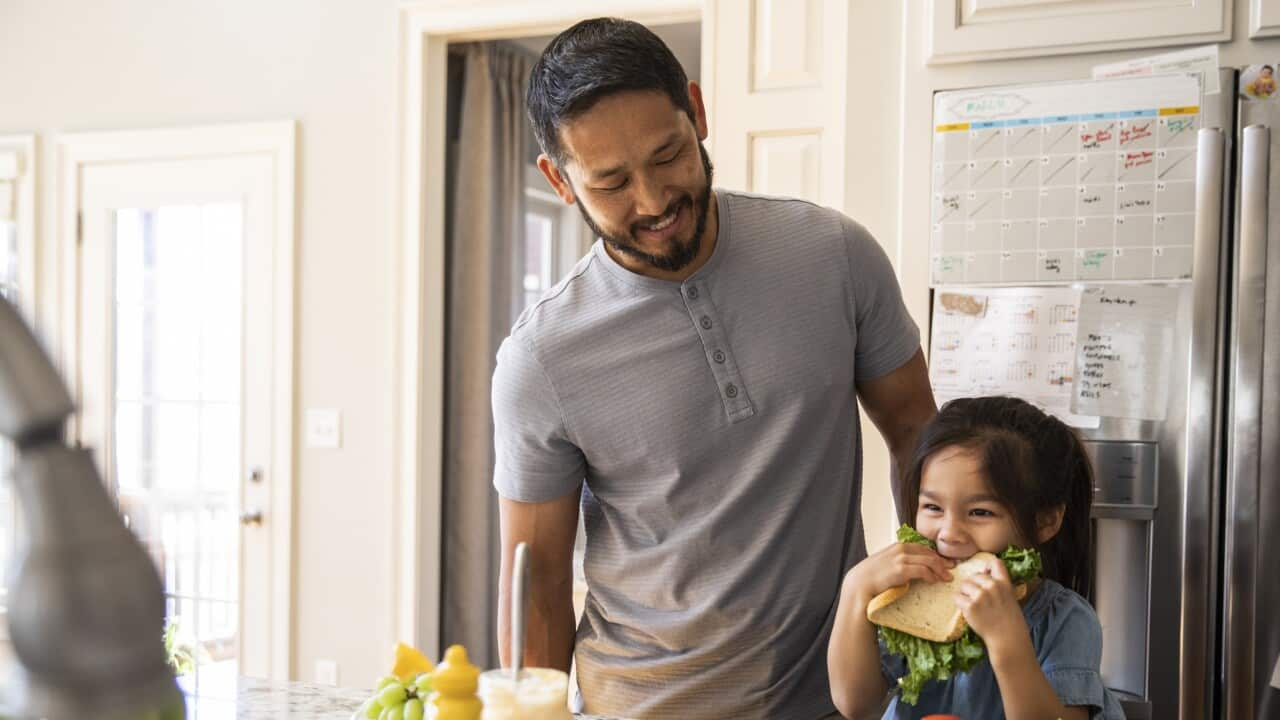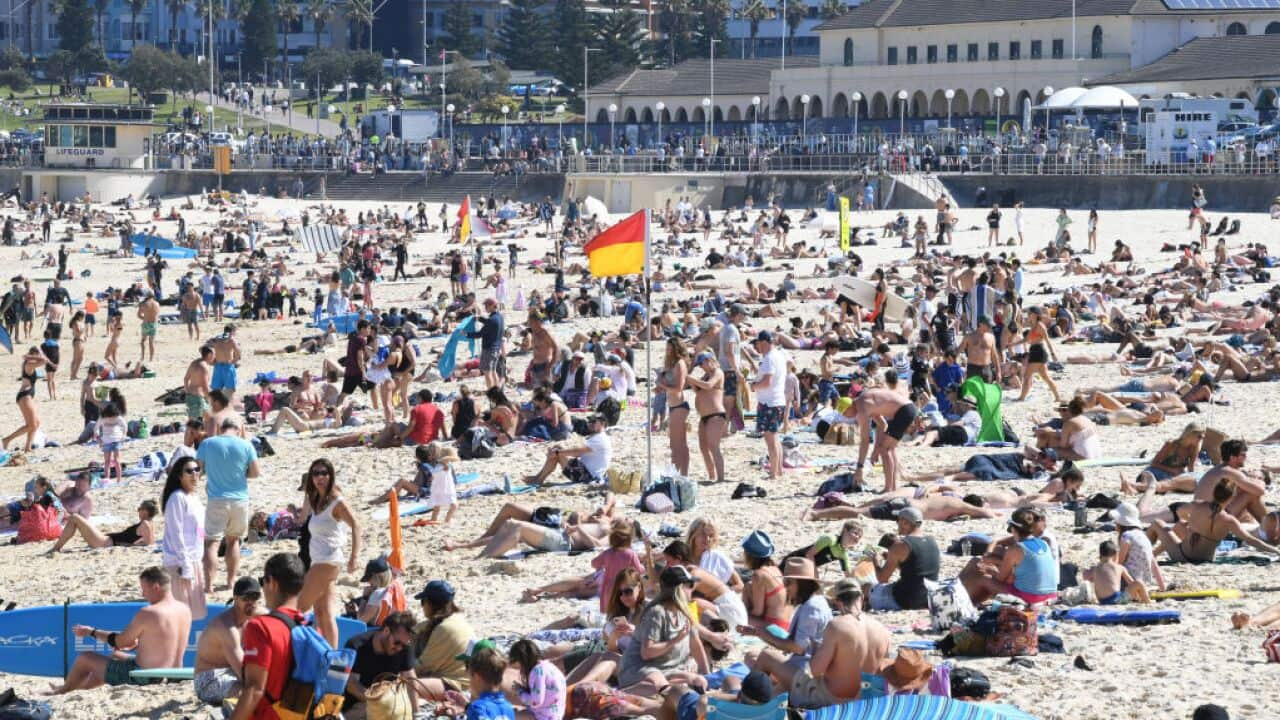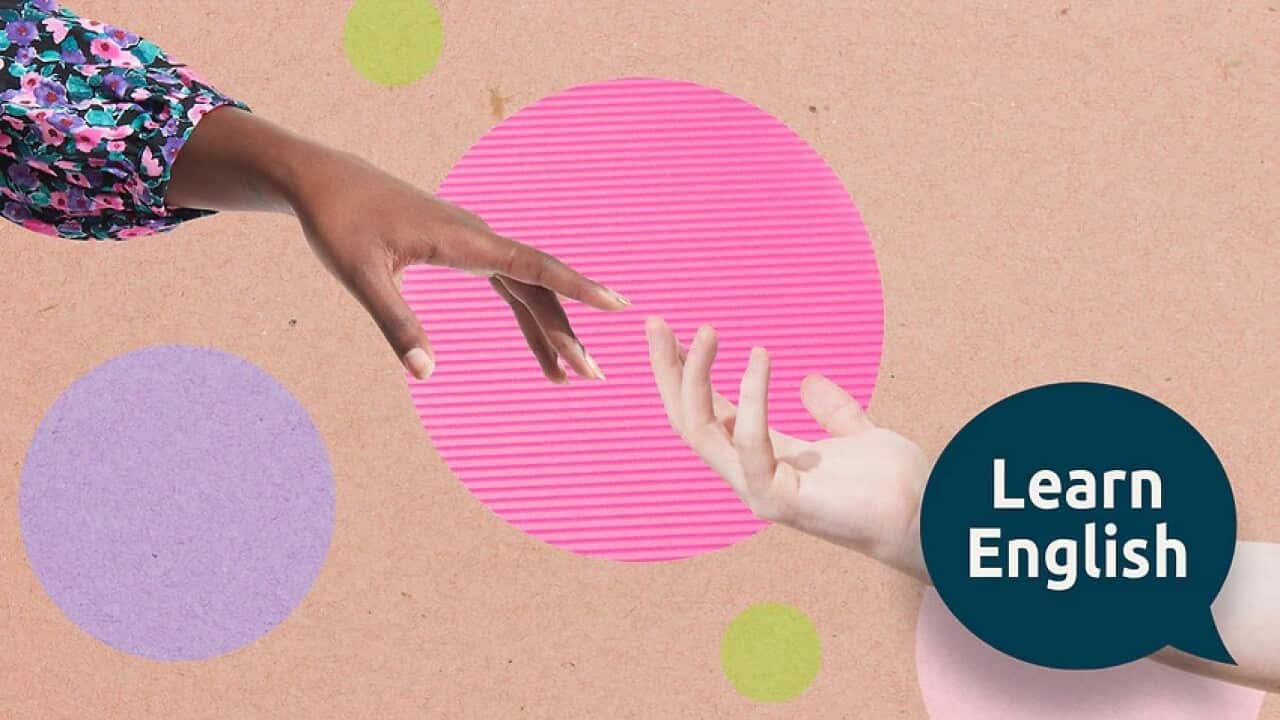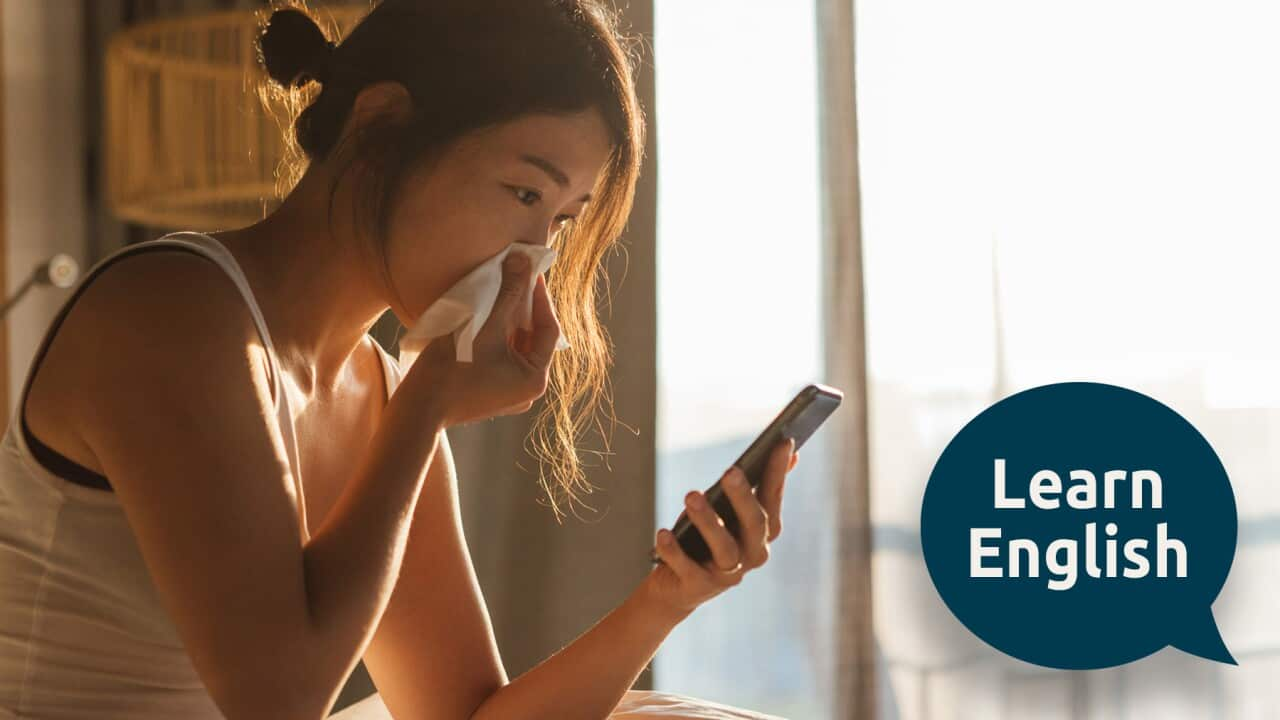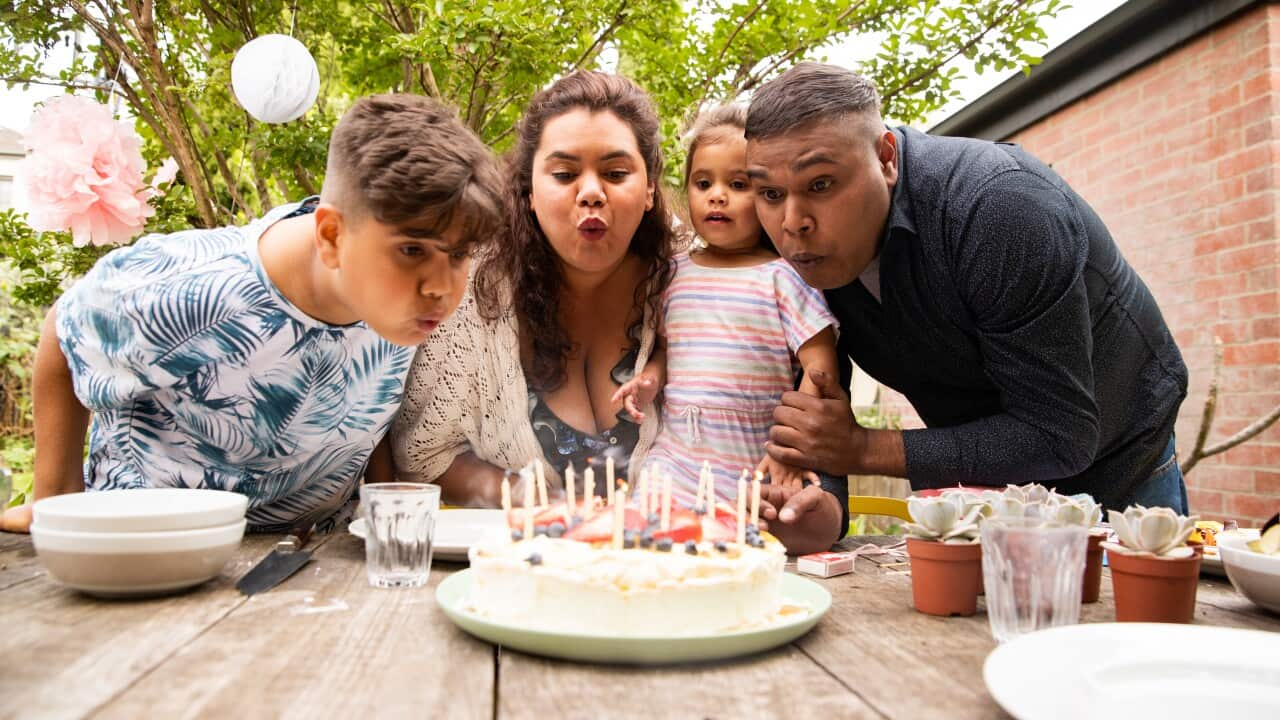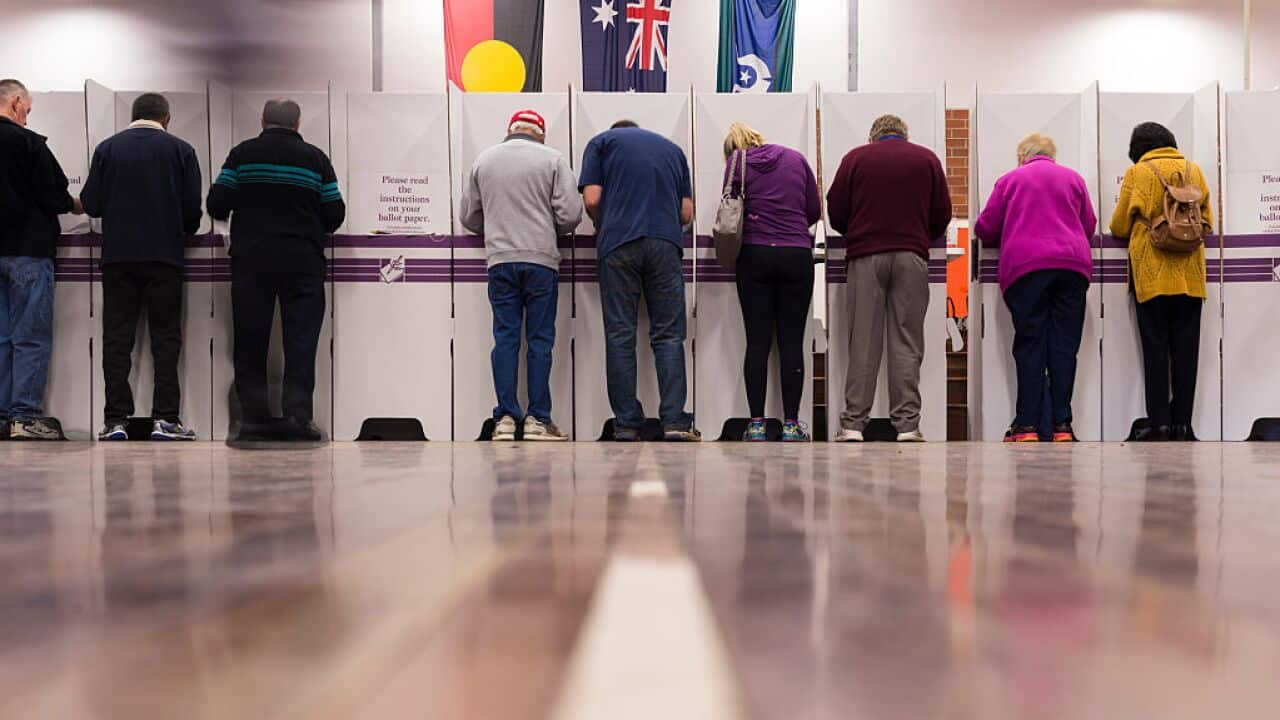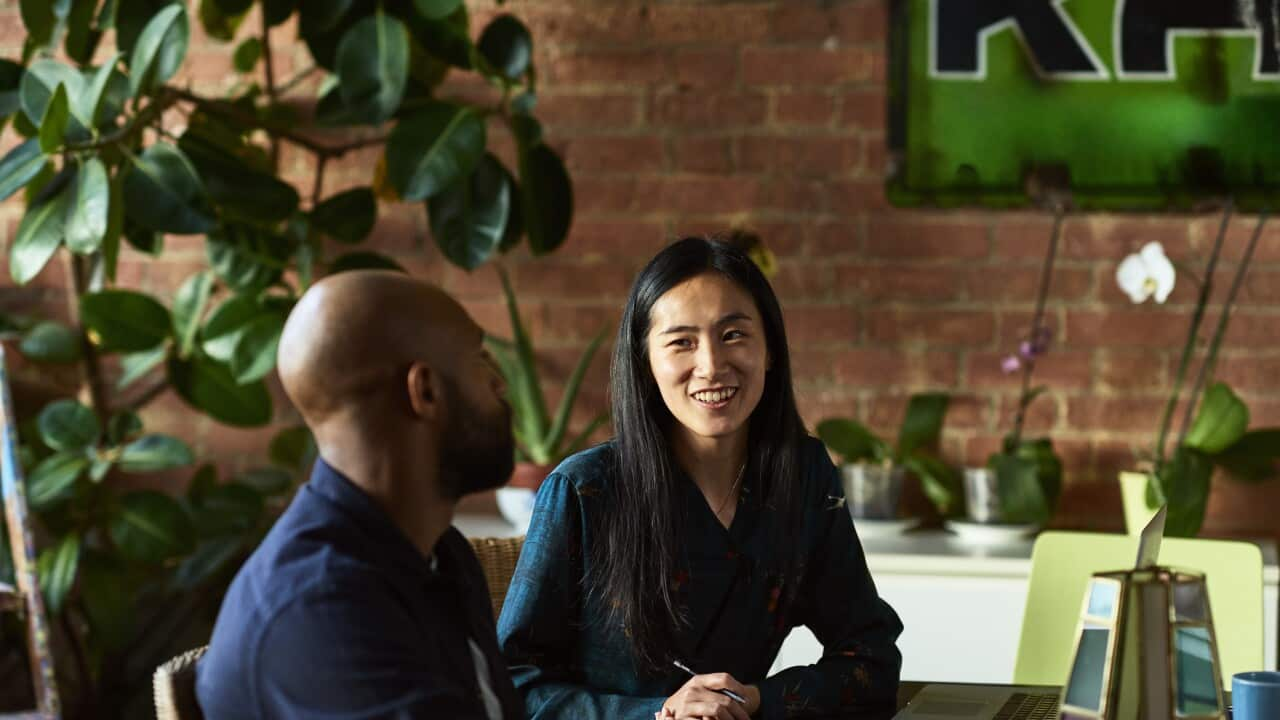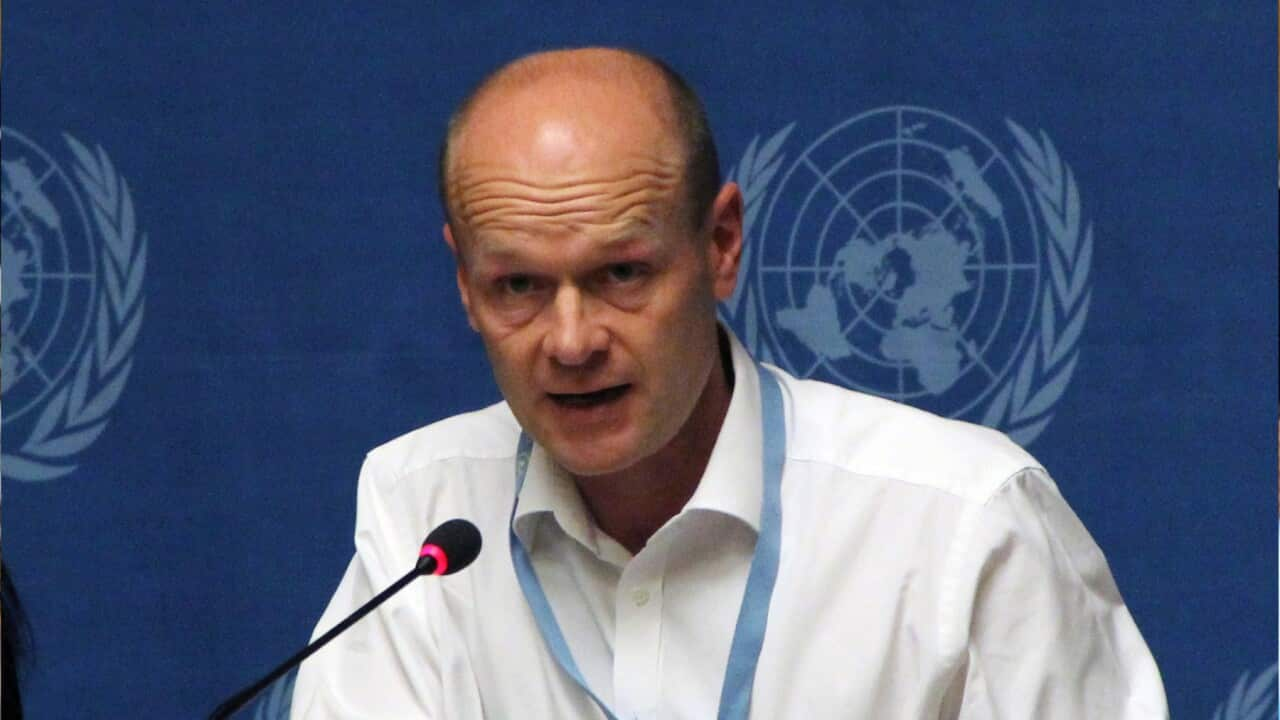Bài học này phù hợp với những người học từ trung cấp đến cao cấp. Sau khi nghe xong, hãy giải câu đố để kiểm tra bạn đã học được gì.
Learning notes
Lesson language objective
Talking about healthy diets and body weight
Different ways to say that we have gained weight
- I’ve put on a little bit/ put on a little weight.
- I got rather plump since we last saw each other.
- I really need to get into shape; otherwise, I won’t fit into the suit.
- It’s so easy to put on weight.
- After each diet, I put the weight straight back on every time.
Different ways to talk about our diet:
- I need to go on a diet.
- I don’t know if diets actually work.
- I’ve read somewhere you can lose weight fast with a crash diet.
- I’ve been on every diet from Atkins to Flexitarian diet.
- I have lactose and gluten intolerance, so I should probably speak to a nutritionist before making any big changes.
- Keeping an eye on calories might help you to slim down.
- I definitely need to cut down on carbs and cut out fast food and soft drinks.
- I need to resist my urge for/craving for comfort food.
- I’m on a flexitarian diet.
Colloquial expressions:
A couchpotato is a person who takes little or no exercise and spends a lot of time on the couch/sofa watching a lot of television.
Keeping an eye on someone or something means watching someone or something very carefully.
Comfort food is the type of food that makes us feel comfortable. We often want to eat it when we are sad or worried.
Vocabulary:
A diet that is balanced allows us to eat many different food types which provide enough nutrients for good health.
Nutrients are chemical elements found in food that are essential for health and growth.
Nutritional value is how we describe how healthy food is for us. It is a measure of the essential nutrients found in different food types.
Carb is short for carbohydrates, a type of food that provides fuel for our bodies and which can be found in bread, pasta, potatoes, cookies, corn, etc.
A calorie is a unit of measurement, just like a teaspoon or an inch, used to count how much energy a food can provide to your body.
To slim down means to become thinner or lose weight.
To crave something means to feel a powerful desire for something.
A crash diet is a diet designed to help people lose weight very fast. It usually only allows you to eat very few calories.
Atkins diet is called a low carb diet because it is low in simple carbohydrates. People who follow this diet will eat foods such as fruits, vegetables, whole grains, low-fat dairy foods, poultry, fish, nuts, and beans.
A Flexitarian diet is a semi-vegetarian diet that encourages eating many different, especially plant foods, and less meat.
A Mediterranean diet is inspired by the diet of people who live near the Mediterranean Sea and includes lots of healthy foods like whole grains, fruits, vegetables, seafood, olive oil, and fish.
People who have lactose intolerance can’t fully digest lactose, the type of natural sugar found in milk.
People who have gluten intolerance react badly to gluten, a protein found in wheat, barley and rye.
A nutritionist is an expert on the impacts of food on health and wellbeing.
A dietitian is an expert on the impacts of food on health and wellbeing who has graduated with an approved dietetics degree from an Australian university.
Obesity is the condition of having so much body fat that it has a negative impact on health.
Cultural information:
The that the number of children and adults who are overweight or obese is rising.
Australia had the 6th highest proportion of overweight or obese people aged 15+ among 22 OECD member countries in 2019.
According to the Global Obesity Observatory, Australia is the 19th most obese country in the world. Nauru is ranked number one, while Vietnam is the country that has the lowest percentage of obese people in the world.

Source: Getty / Fiordaliso
Transcript
(Note: This is not a word-for-word transcript)
Hello and welcome to the SBS Learn English podcast, in which we help Australians to speak, understand and connect.
My name is Josipa, and like you, I'm still learning new phrases and vocabulary that helps me communicate better in English.
In this episode, we'll practise how to talk about food, diet and our body weight.
An English-language proverb says that an apple a day keeps the doctor away.
The meaning behind this common saying is that if we have a balanced diet, we probably won’t need to go to the doctor because we won’t be sick.
Now, I don't know about you, but during the restrictions and lockdowns in the past two years, I've become a bit of a couch potato, that is, instead of exercising outside I spent a lot of time eating unhealthy snacks on the sofa, and now I find that I have put on a little weight.
I might say, “I’ve put some weight on”.
Let’s hear what other expressions we can use to say we have gained some weight. With us are Allan and Maryanne,
Allan:
I really need to get into shape; otherwise, I won’t fit into the suit I’m planning to wear for the wedding.
Maryanne:
Keeping an eye on calories might help you to slim down.
Allan:
Yeah, I definitely need to cut down on carbs and cut out fast food and soft drinks.
Maryanne:
Basically, you need to resist eating too much comfort food. It’s easy to stack on the kilos when you eat too much junk or highly processed food.
Let’s look into one phrase at a time. Allan said,
I really need to get into shape.
Allan needs to get into shape. That means that he wants to become lean and fit. You can also say get back into shape if you're going to become fit and healthy once again. For example, "After giving birth to my daughter, I started swimming to get back into shape."
Maryanne then said,
Keeping an eye on calories might help you to slim down.
Keeping an eye on something means to carefully watch it.
You can use this for something like calories, which is a measurement of energy in food, or people. For example, you might say to your child, "Don't be naughty, I'm keeping an eye on you!".
So, when Maryanne said that keeping an eye on calories might help Allan slim down, she means that he needs to be careful about how much he eats.
To slim down means to become thinner or lose weight.
Allan then said,
Yeah, I definitely need to cut down on carbs and cut out fast food and soft drinks.
Allan needs to cut down on carbs and cut out fast food.
Carbs is short for carbohydrates, and if you need to cut down on carbs, you need to reduce them, you need to eat less food that has a lot of carbs such as bread, pasta, potatoes, cookies, corn, and so on.
Allan also wants to cut out fast food and soft drinks. If you cut something out from your diet, you stop eating or drinking it completely.
At the end, Maryanne said,
Basically, you need to resist eating too much comfort food.
Comfort food is the type of food that makes us feel comfortable. We often want to eat it when we are sad or worried.
Now, let's get back to Maryanne and Allan's conversation. We'll hear Maryanne's last sentence once again.
Maryanne:
It’s easy to stack on the kilos when you eat too much junk or highly processed food.
Allan:
Yeah, I need to go on some diet. I’ve read somewhere you can lose weight fast with a crash diet.
Maryanne:
I don’t know if diets actually work. I’ve been on every diet from Atkins to a Flexitarian diet, and I put the weight straight back on every time.
Allan:
You know what else worries me? I have both lactose and gluten intolerance, so I should probably speak to a nutritionist before making any big changes.
In this dialogue, Maryanne used two different expressions to talk about gaining weight. First, she said it's easy to stack on kilos, and later, she told us how after diets she always puts the weight straight back on.
Talking about other people’s weight can be very sensitive and some softer, more considerate ways of saying that somebody gained weight are, “He’s looking a little bit heavier or, she’s rounded out a bit”.
Let’s hear Maryanne again,
It’s easy to stack on the kilos when you eat too much junk or highly processed food.
Junk food is the same thing as fast food, and by that, we mean food that is high in fat and carbs and often low in nutritional value’.
Highly processed foods are unhealthy foods that have been made in a factory.
Allan said,
I need to go on a diet. I’ve read somewhere you can lose weight fast with a crash diet.
People can follow different kinds of diets for different reasons, for example, for medical reasons.
So, if you want to start a diet, you could say, “I’ve put on five kilos, I need to go on a diet”.
Allan read that you can lose weight fast with a crash diet. A crash diet is a diet designed to help people lose weight very fast.
Maryanne then mentioned some other popular diets, let’s hear them again,
I’ve been on every diet from Atkins to a Flexitarian diet, and I put the weight straight back on every time.
The Atkins diet is a low carb diet, and people who follow this diet will eat foods low in carbohydrates such as fruits, vegetables, whole grains, low-fat dairy foods, poultry, fish, nuts, and beans.
A Flexitarian diet, as the words “flexible” and “vegetarian” suggest, is a semi-vegetarian style of eating that encourages eating less meat and more plant-based foods.
So, if you are thinking of becoming a vegetarian but are not ready to give up meat entirely, you could say, "I'm on a flexitarian diet."
There are too many diets to mention them all, can you think of some other diets you have heard of?
And lastly, Allan said,
I have lactose and gluten intolerance, so I should probably speak to a nutritionist before making any big changes.
If you are are intolerant to something it means that your body reacts badly if you eat or drink it.
Allan is lactose and gluten intolerant, so he thinks it would be best to speak to a nutritionist.
A nutritionist is a person who is an expert on the impacts of food on health and wellbeing. You can also ask for advice from a dietitian.
The main difference between dietitians and nutritionists is that most dietitians have graduated with an approved dietetics degree from an Australian university. In contrast, nutritionists aren't regulated and may not have many qualifications.
My guest today is my colleague Nikki Alfonso-Gregorio who among other things is a lifestyle and food writer for SBS Food.
Hi Nikki, it’s nice to have you here.
Nikki:
Hi Josipa. Did you know that the word “diet” originates from the Greek word “diaita”, which literally means “manner of living".
Josipa:
I didn't know that; that's cool. There's so much advice out there when it comes to weight loss. Magazines, podcasts and websites all promise that the latest popular diet will help you lose all the weight you want. How much can we trust food writers like yourself?
Nikki:
Ha ha. Well, we all know that we shouldn't believe everything we read. But jokes aside, I think it's fantastic that we have so much information out there so that people can make an informed decision because there is no one diet or weight-loss plan that fits everyone.
Josipa:
The Australian Institute of Health and Welfare reports that the number of children and adults who are overweight or obese is rising. According to their latest findings, over 25 per cent of Australian children and adolescents are overweight or obese.
According to the Global Obesity Observatory, Australia is the 19th most obese country in the world. Is this problem becoming a major public health issue in Australia?
Nikki:
Yes, it is. If you are obese this can have a negative impact on someone's entire quality of life. Heart disease, sleep, mood, and energy can all be affected. So it's a big problem for Australia.
Josipa:
Getting help from a nutritionist or dietitian can be pretty expensive. Are there any free services that can help us to choose the right diet for us or our children?
Nikki:
Yes, there are plenty of free resources out there. For example, is a free phone-based coaching service/ platform. Then we have , which offers a range of tools and calculators to help people make the changes they need to stay healthy. is another useful resource. It has fact sheets on obesity in Arabic, Chinese, Tagalog and Vietnamese for people who want to read in their first language.
Xin gửi lời cảm ơn sâu sắc đến chuyên gia tư vấn giáo dục của chúng tôi - Giáo sư Lynda Yates, các khách mời Nikki Alfonso-Gregorio, Paul Nicholson và Coni Laranjeira - những người đã lồng tiếng cho các nhân vật Allan và Maryanne.
Xem thêm các bài
